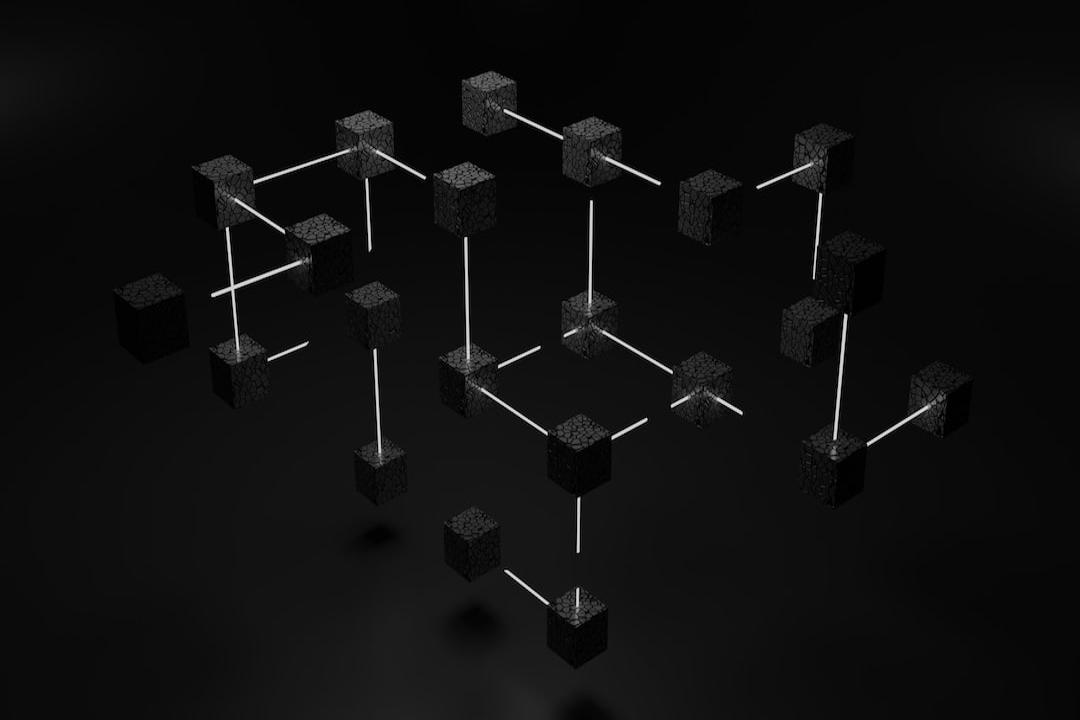Authored by: Tia, Techub News
The root of the problem lies in the perception that current products lack decentralization because they are always designed by someone, making them centralized from the start. Intent serves as a powerful vessel. When everyone shares the same intent, or when a collective intent emerges, it may lead to the emergence of a certain need, idea, or potential product.
I have encountered several DAOs, which are usually initiated by an individual or a group of individuals with a central vision as their primary goal. The decentralized aspect typically only comes into play when appointing positions, determined through voting. Additionally, DAOs often lack profitability, with funding usually coming from founders, other investors, or allocations from other projects. However, as a decentralized organization, the role of a founder naturally contradicts the essence of a DAO, which should be a product of collective wisdom rather than an individual’s initiative. Moreover, a crucial aspect of operations – finances – should come from a group of people. This is not a favorable scenario as it can lead to investors disregarding profitability and solely focusing on passion. Furthermore, the influence of funds can make it challenging to ensure that the future development path of a DAO remains unaffected by contributors.
The introduction of “intent” might change this situation. If the biological world relies on pheromones for information transmission, intent serves as an excellent tool for information exchange in human society, surpassing the current pricing-based methods of communication. Intent can evolve into thoughts, which can then transform into visions. Anoma’s Intent Machine allows users to express preferences and intentions, providing a platform for groups with shared intent and preferences to engage in collective creation. Therefore, building a product or collaborating based on a set of group intentions may be a viable approach.
As for funding, we could explore using meme tokens to gauge a broader audience’s views on the intent or preferences, ensuring that meme tokens are not solely based on price as a means of expressing preferences. They can assess the market’s perception of the intent and attract capital inflows and marketing efforts for the next “creation.”
The remaining challenge is governance. Compared to the popular trends of DeFi, chain abstraction, and DA, decentralized governance and DAOs have not received as much attention. Many underestimate the importance of governance. People often say, “in blockchain, we trust.” While it’s true that we have eliminated the need for trust through code and smart contracts, the codes represent a set of rules. Without achieving decentralized governance, web3 may eventually revert to the web2 cycle.
The benefits and drawbacks of leadership are apparent. A leaderless natural evolution process driven by intent signifies collective progress, albeit slow but steady. Having an individual with significantly higher intelligence than the collective can expedite progress. However, there are numerous downsides, especially when collective wisdom lags behind an individual’s intelligence, making the collective vulnerable to manipulation, particularly by another intelligent individual with malicious intent. Blindly following isn’t ideal; the collective needs to nurture its own wisdom gradually.
This is my personal political inclination. However, when viewed from a company perspective, it’s a different story because it involves competition, distinguishing whether the main feature is a public good. Public goods are anti-competitive. From this perspective, it could potentially promote the construction of an anti-competitive society. Further research is needed in this area to determine if there are better answers, or perhaps it can be left as an open option for the group to decide.
Determining the form of governance, how governance media should be established – whether in the form of NFTs or tokens, whether economic value should be attributed to them, or if their purity should be maintained, and how voting weight should be decided, requires extensive systematic research.

